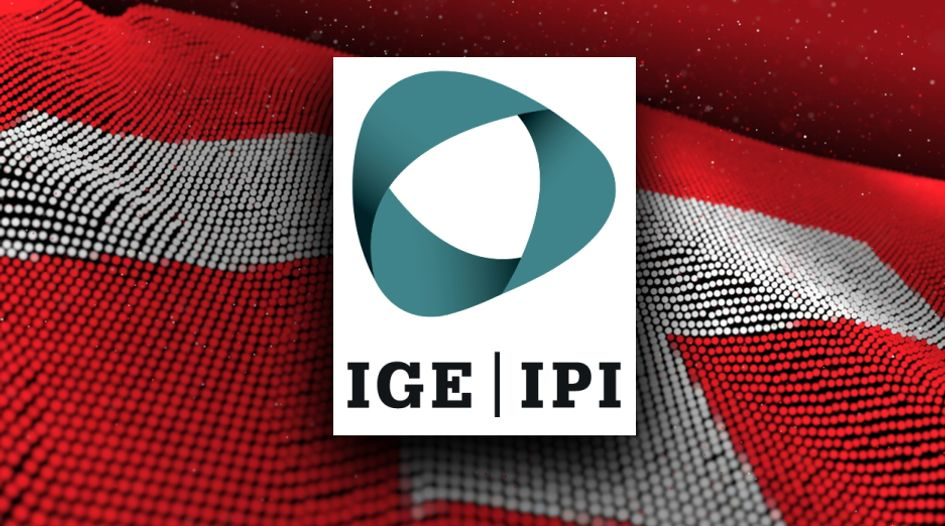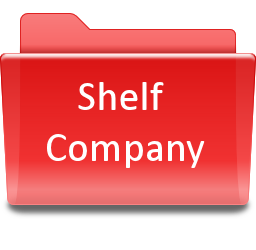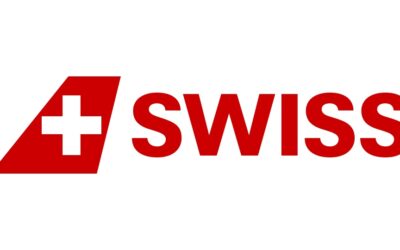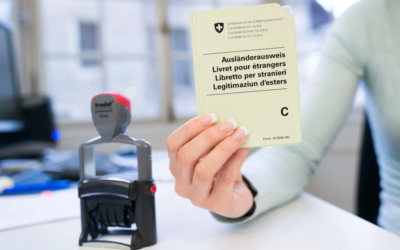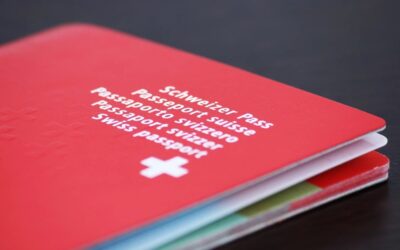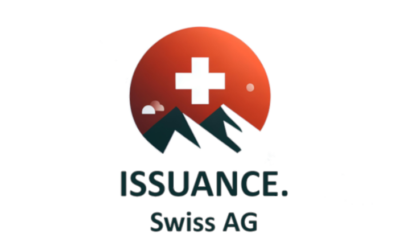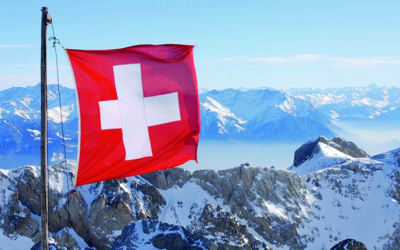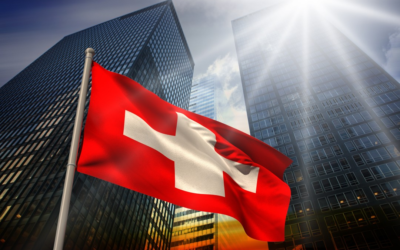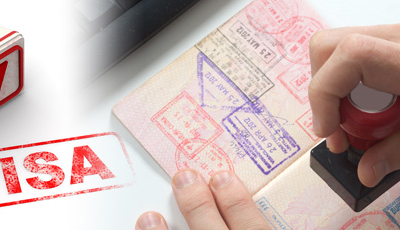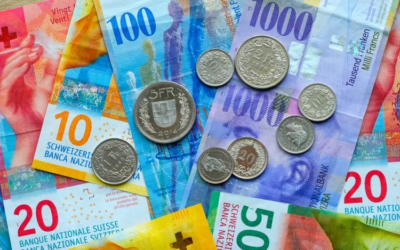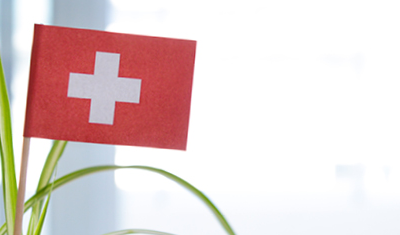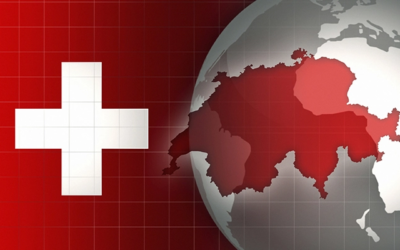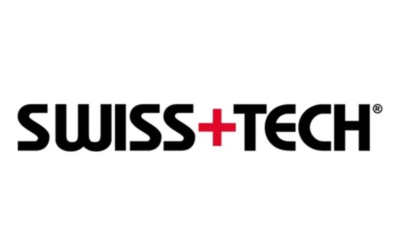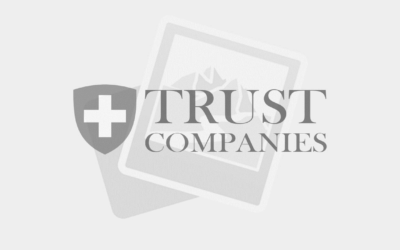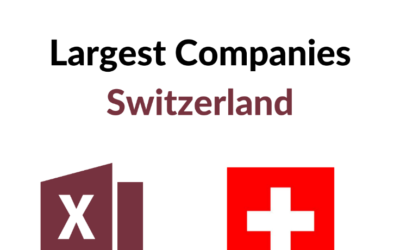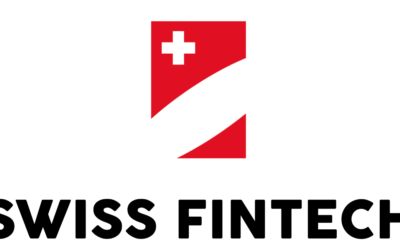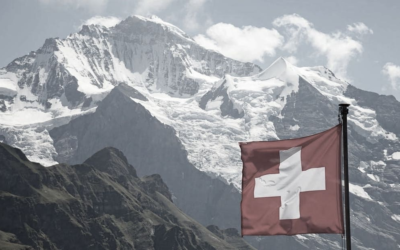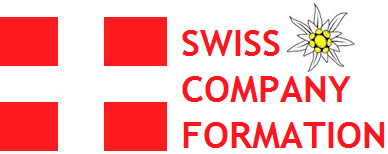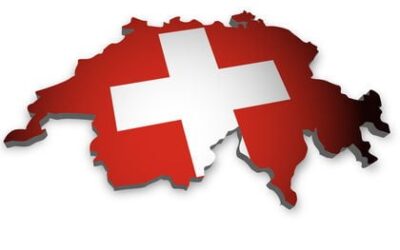Transparent registration process
The period for registering intellectual property in an office depends on what kind of object you are registering. For example, within three months of registering a Swiss trademark database on the national Swissreg register, others may challenge your rights. If no objections are filed, the registration in an office is considered final. On average, registering a Swiss army trademark database search takes 3-6 months. Obtaining a patent is a longer process from the moment of application until the application is published in the Swissreg register; approximately 18 months pass (during 16 of these, the applicant can make changes to the technical documents). A patent examination is carried out approximately three years after filing the application; based on its results, a patent is issued or denied in a Swiss patent office. Design registration is the simplest and fastest process, which takes several months.
In general terms, the registry process of intellectual property in Switzerland office looks like this:
| Applying and paying the fee. Important: if you do not yet have an existing business in Switzerland and a permanent address, in your application, you need to indicate a representative who is a resident of the country and attach a power of attorney |
| Formal verification of the application by the Federal Institute of Intellectual Property |
| Registration of intellectual property rights if all requirements are met and there is no reason for refusal in an office |
| Data will be entered into Swissreg, and the appropriate certificate will be issued to the applicant |
